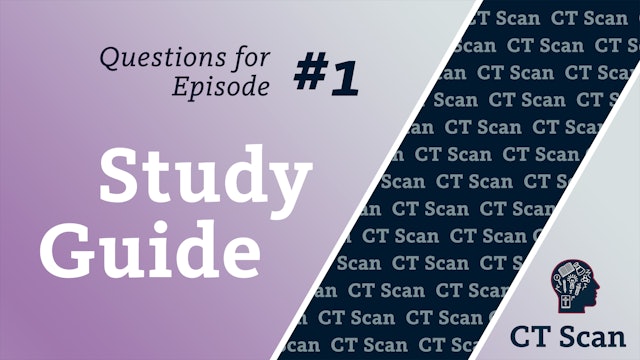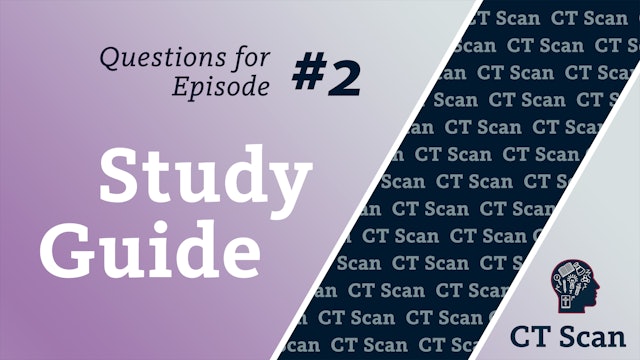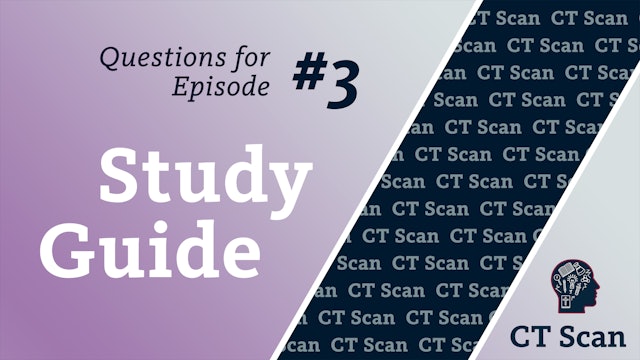-
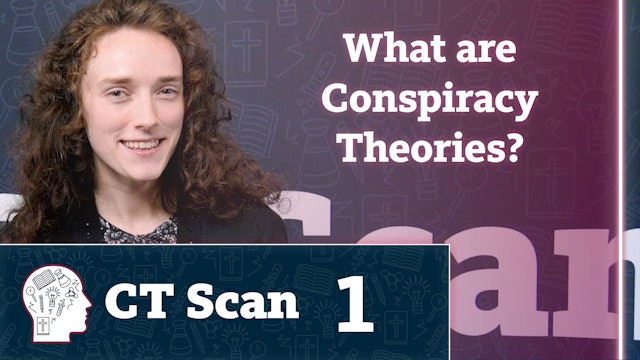 04:53Episode 1
04:53Episode 1What are Conspiracy Theories?
Episode 1
Are conspiracy theories technically even theories? Instead of being theories in the scientific sense, conspiracy theories usually revolve around unproven conjectures. Still, not everything labeled a conspiracy theory is necessarily false. Let's begin investigating how to think critically about co...
-
Handout 1 - What are Conspiracy Theories?
186 KB
-
 05:27Episode 2
05:27Episode 2How to Evaluate Conspiracy Theories‚
Episode 2
In a world where conspiracy theories abound, how can we discern what's trueand what's not? The answer lies in a little biblical critical thinking. Here's how to apply the 7 Checks of Critical Thinking to make a careful, informed evaluation of any conspiracy theory.‚
-
Handout 2 - How to Evaluate “Conspiracy Theories”
178 KB
-
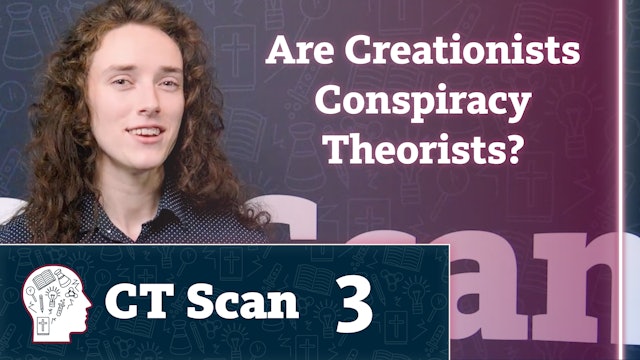 05:37Episode 3
05:37Episode 3Are Creationists Conspiracy Theorists?
Episode 3
Is biblical creation a conspiracy theory? Popular cultureand even some researcherssay so. In fact, one research team concluded that not only can all creationists be called conspiracy theorists, but all conspiracy theorists can be called creationists!‚ Is that true? Let's think about it.
-
Handout 3 - Are Creationists Conspiracy Theorists?
173 KB
-
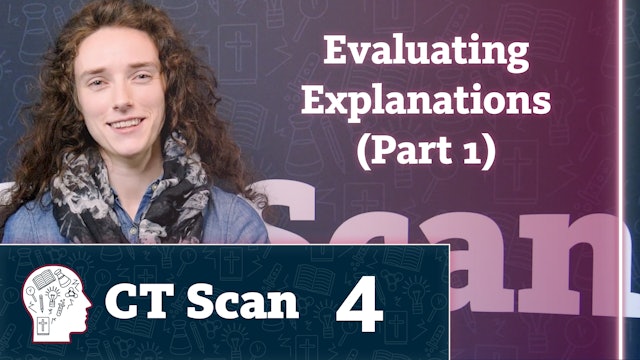 04:59Episode 4
04:59Episode 4Evaluating Explanations (Part 1)
Episode 4
If different explanations can account for the same phenomena, how can you tell which one is most likely true? That's where a type of argument called inference to the best explanation comes in. Let's see what these arguments can (and can't) do, unpack what explanations are, and unearth the first t...
-
Handout 4 - Evaluating Explanations (Part 1)
171 KB
-
 05:26Episode 5
05:26Episode 5Evaluating Explanations (Part 2)
Episode 5
If multiple explanations can account for the same observation, how can you tell which one is mostly likely true? Five criteria of adequacy can help you narrow down the best explanation: testability, fruitfulness, scope, simplicity, and conservatism. Let's unpack each of these and see how they app...
-
Handout 5 - Evaluating Explanations (Part 2)
168 KB



